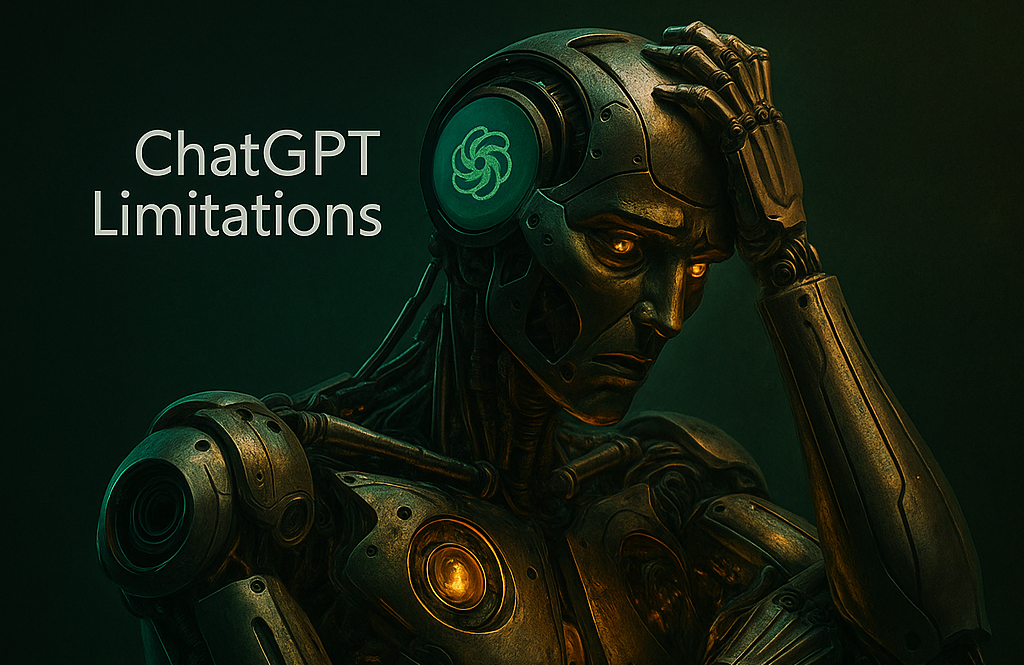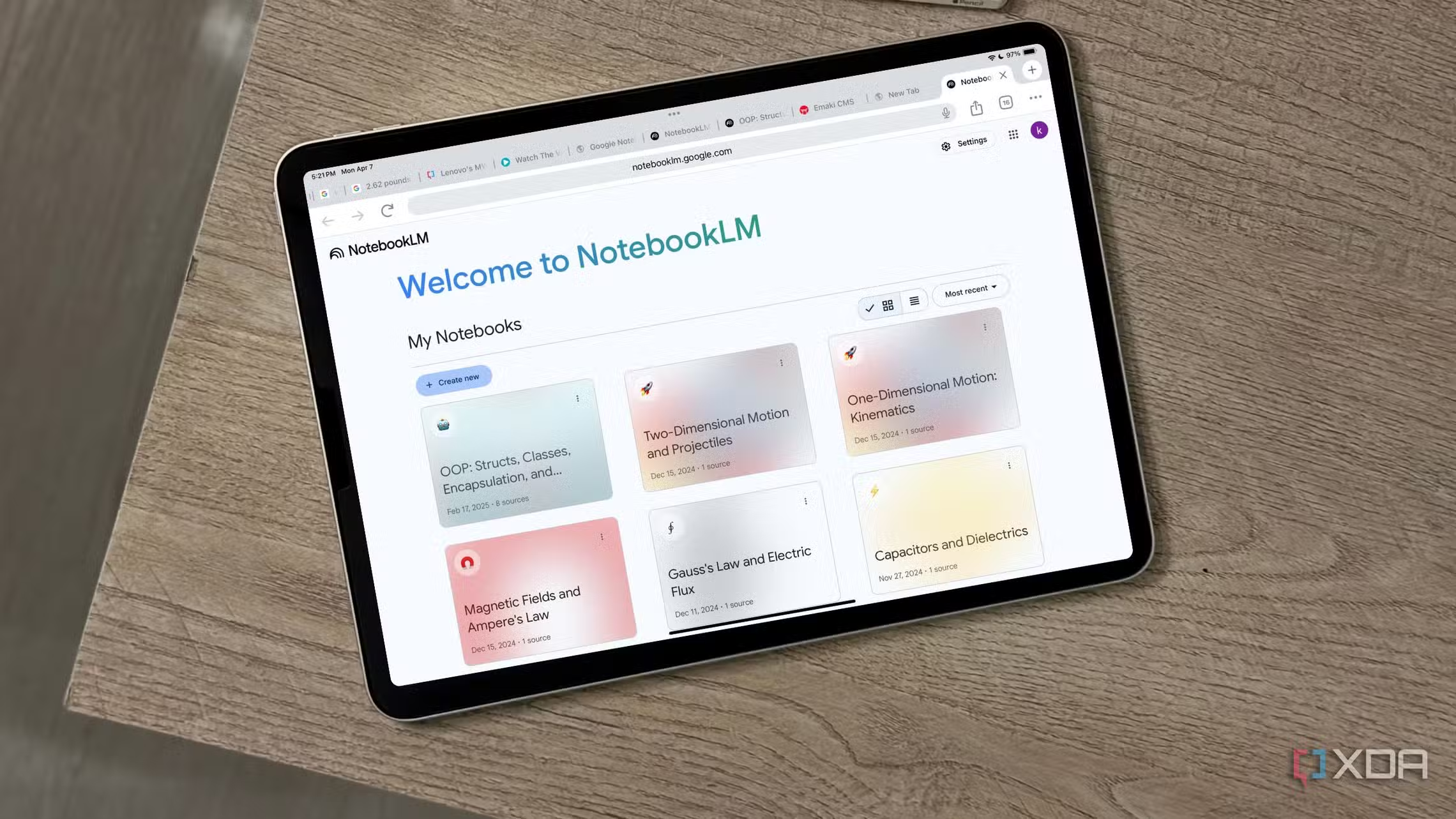As AI continues to evolve at a breakneck pace, many developers, researchers, and tech enthusiasts are left wondering: Do we really need to pay for premium AI tools when open-source alternatives are getting better every day?
I recently put this to the test by replacing five popular paid AI tools—from image generation to coding copilots—with open-source alternatives. After weeks of hands-on usage, here’s a detailed breakdown of how they compare in performance, cost-efficiency, usability, and customization.
Some open-source tools not only held their own—but outperformed their paid counterparts in specific tasks.
1. Replacing ChatGPT Plus with OpenChat (OpenChatKit)
Paid Tool: ChatGPT Plus (OpenAI GPT-4)
Open-Source Alternative: OpenChat (based on OpenChatKit, Mistral, or Mixtral models)
Performance:
While GPT-4 (via ChatGPT Plus) is incredibly fluent and reliable for general tasks, OpenChat using Mixtral or LLaMA 3 gives surprisingly coherent results for most prompts. Fine-tuning capabilities give you more control than GPT-4’s closed system.
Pros of OpenChat:
- Locally hosted (privacy wins)
- Fine-tuning possible
- Costs $0 after setup
Cons:
- Slightly more effort to set up and run
- Lacks some of GPT-4’s reasoning abilities
Verdict:
For casual writing, dev notes, and brainstorming, OpenChat is 85% as good—but with total freedom.
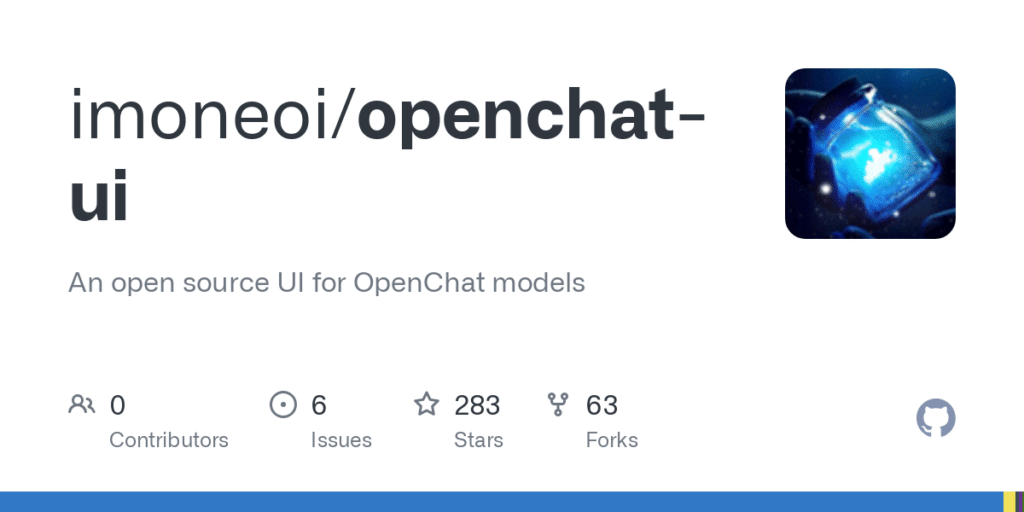
2. Replacing Midjourney with Stable Diffusion XL
Paid Tool: Midjourney
Open-Source Alternative: Stable Diffusion XL (SDXL) + ComfyUI or InvokeAI
Performance:
Midjourney has a stylized aesthetic and “wow” factor right out of the box. But with SDXL + ControlNet or LoRA models, you get complete control over style, prompts, and composition.
Pros of SDXL:
- Full prompt control
- Free and offline image generation
- Better fine-tuning for niche art styles
Cons:
- Steeper learning curve
- Requires a GPU for best results
Verdict:
Once configured, SDXL can match or surpass Midjourney in quality and versatility—especially if you need control over outputs.
3. Replacing GitHub Copilot with CodeGeeX or StarCoder
Paid Tool: GitHub Copilot
Open-Source Alternative: CodeGeeX2 or StarCoder2 + VSCode plugin
Performance:
GitHub Copilot is tightly integrated with VSCode and feels like magic. But CodeGeeX2 and StarCoder2 offer a comparable autocomplete and suggestion experience, especially in Python, JavaScript, and C++.
Pros of CodeGeeX2/StarCoder:
- Lightweight and fast
- Works offline
- No telemetry or usage tracking
Cons:
- Slightly less contextual awareness
- Needs manual setup for language servers
Verdict:
If you’re a privacy-focused developer or want offline coding help, this open-source duo is a solid replacement.
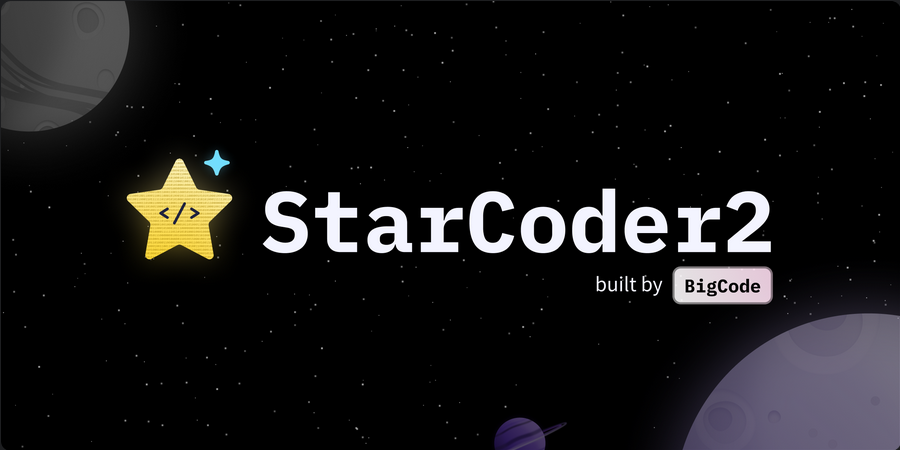
4. Replacing Descript with Whisper + Audacity + OpenShot
Paid Tool: Descript (for podcast editing & transcription)
Open-Source Alternative: Whisper (transcription) + Audacity (audio editing) + OpenShot (video editing)
Performance:
Descript’s standout feature is its transcript-based editing. While open-source tools don’t replicate that UX, combining Whisper’s transcription power, Audacity’s audio precision, and OpenShot’s video flexibility gets you 90% of the way.
Pros:
- Whisper is highly accurate (especially in English)
- Total ownership of your files
- Free and extensible
Cons:
- Workflow isn’t as streamlined
- Requires more manual intervention
Verdict:
For those who value full control and cost-efficiency, this open-source stack delivers excellent results with no subscriptions.
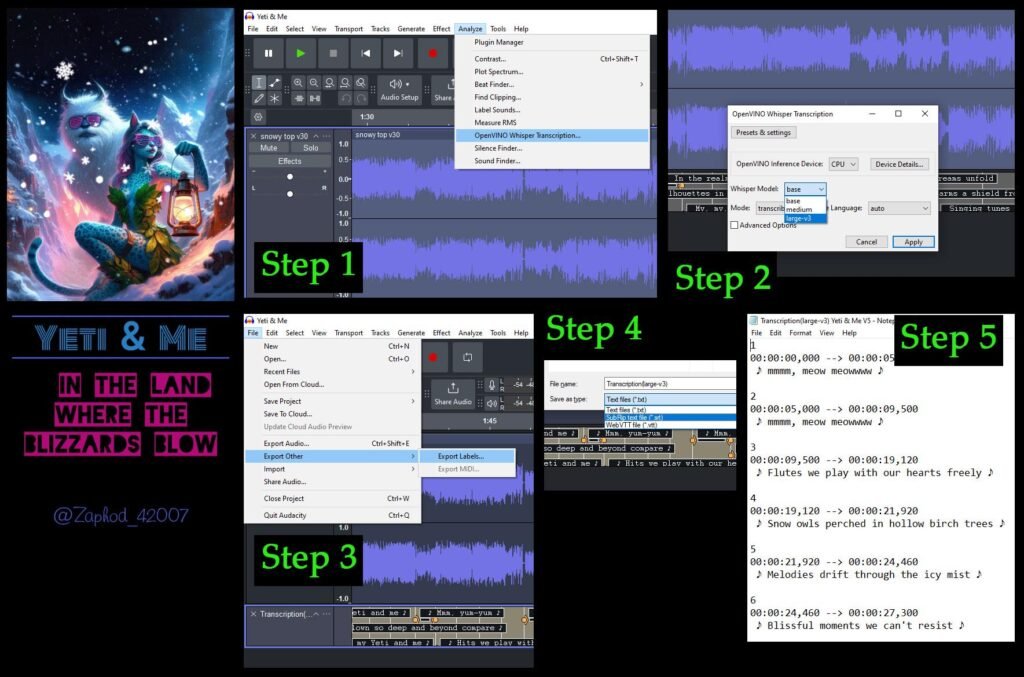
5. Replacing Notion AI with Anytype + Ollama + LangChain
Paid Tool: Notion AI
Open-Source Alternative: Anytype (for docs) + Ollama (LLM backend) + LangChain (smart workflows)
Performance:
Notion AI is polished and intuitive, perfect for productivity. But with Anytype (an open-source Notion alternative) plus Ollama-hosted LLMs like LLaMA 3 and LangChain for automation, you can build customizable workflows that Notion can’t match.
Pros:
- Full control of notes and data
- Create agent-like assistants inside your knowledge base
- Works offline or privately hosted
Cons:
- Requires configuration
- No one-click simplicity like Notion AI
Verdict:
Power users will love this setup. Once optimized, it’s like having your own private Notion AI—without the lock-in.
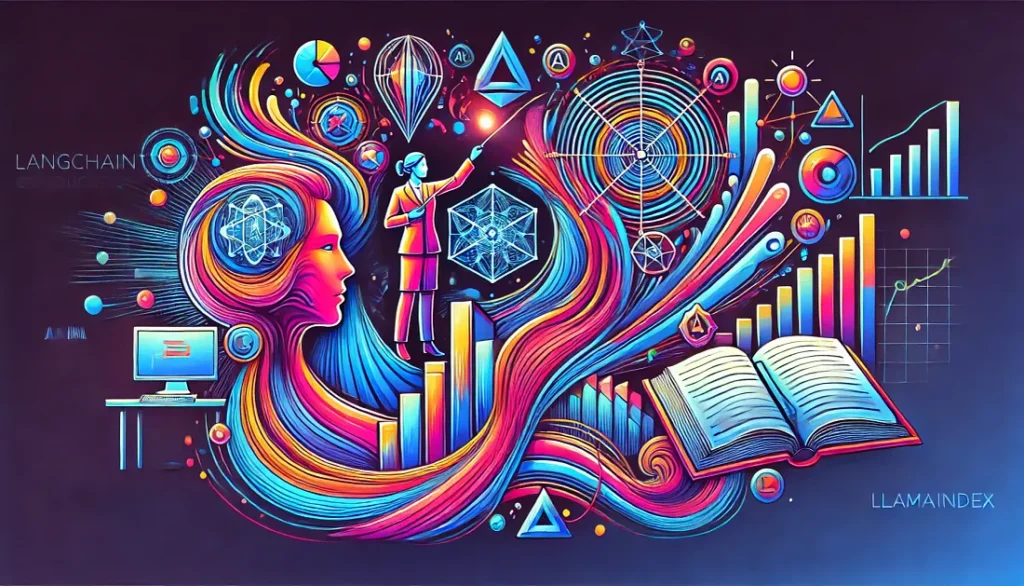
Final Thoughts: Are Open-Source AI Tools Worth It?
Yes — with a little effort, open-source tools today are more than capable replacements for most paid AI software.
| Paid Tool | Open-Source Replacement | Verdict |
|---|---|---|
| ChatGPT Plus | OpenChat / Mixtral | 85% as good, highly customizable |
| Midjourney | Stable Diffusion XL | Near parity with better control |
| GitHub Copilot | CodeGeeX2 / StarCoder2 | Ideal for privacy-focused devs |
| Descript | Whisper + Audacity | Great for DIY podcasters |
| Notion AI | Anytype + Ollama | Flexible, powerful, private |


